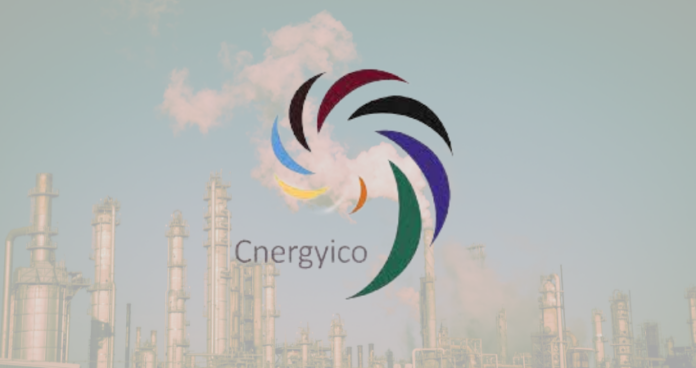Pakistan’s largest oil refinery, Cnergyico, has finalized a deal for its second shipment of US crude, agreeing to import one million barrels of West Texas Light (WTL) crude in mid-November 2025 under its term supply arrangement with global trader Vitol.
Sources familiar with the development confirmed on Wednesday that the cargo will arrive between November 10 and 12 aboard a Suezmax vessel. This marks Cnergyico’s second purchase of US crude, reflecting the refinery’s strategy to diversify supply sources and optimize refining margins.
“Our trading team evaluated various crude options for November and concluded that WTL’s gross refining margin was stronger than Arabian Gulf crudes, primarily due to the relative performance of the low-sulphur fuel oil (LSFO) market compared to high-sulphur fuel oil (HSFO),” sources at Cnergyico said. They added that the economics of the deal were favorable, making the cargo attractive for the refinery’s production mix.
The deal underscores Pakistan’s growing interest in US crude imports, a trend driven by shifting global oil market dynamics. Traditionally reliant on Middle Eastern suppliers, Pakistani refiners have begun exploring alternatives amid volatility in Gulf benchmarks and evolving demand patterns. Analysts note that the attractiveness of WTL lies in its lighter quality and lower sulphur content, which allow refiners to produce higher-value fuels that comply with cleaner fuel standards.
The agreement comes as Cnergyico continues to pursue an upgrade project under the government’s Brownfield Refining Policy, which incentivizes investment to modernize existing refineries. The refinery, located in Hub, Balochistan, has a capacity of 156,000 barrels per day and plays a central role in meeting Pakistan’s domestic fuel demand.
The Special Investment Facilitation Council (SIFC) and the Economic Coordination Committee (ECC) recently cleared long-standing hurdles for the refining sector, approving a settlement framework to resolve outstanding petroleum levy dues owed by Cnergyico PK Limited. The framework provides for the recovery of principal amounts and authorizes the Petroleum Division to formalize a deed of settlement with the company.
The decision was hailed by industry stakeholders as a breakthrough that would unlock new investment in refinery upgrades, enabling Pakistan to reduce dependence on imported refined fuels and align output with Euro-V quality standards. Industry experts say such reforms are essential to cut foreign exchange costs, improve energy security, and support environmental goals.
Cnergyico’s move to secure term supplies from Vitol also reflects an effort to stabilize its crude feedstock amid ongoing volatility in international oil markets. By locking in WTL cargoes, the company gains a degree of predictability in costs while also positioning itself to benefit from the stronger performance of the LSFO market.
Meanwhile, regional dynamics continue to influence refinery strategies. Earlier this year, Saudi Arabia shelved a $10 billion oil refinery project in Pakistan, highlighting the challenges of attracting large-scale foreign investment in the downstream sector. Against this backdrop, Cnergyico’s expansion and procurement strategy takes on added importance, as the company is expected to lead the modernization of Pakistan’s refining base.
Industry sources cautioned, however, that while sourcing diversified crude is a positive step, Pakistan’s refining industry still faces structural challenges, including limited upgrading capacity, dependence on imported crude, and exposure to fluctuating international oil prices. Without substantial investments in conversion units and desulphurization facilities, refiners may struggle to keep pace with rising demand for cleaner fuels.
Nevertheless, the second US crude cargo deal signals Cnergyico’s growing role in reshaping Pakistan’s refining landscape. Industry observers say that consistent access to lighter crudes like WTL could enhance product yields, boost refinery margins, and support the company’s broader upgrade program.
With the cargo scheduled for November delivery, Cnergyico has also indicated that it may seek additional US crude shipments in the future, further diversifying its crude slate. If sustained, this shift could gradually reduce Pakistan’s over-reliance on Arabian Gulf suppliers, providing refiners greater flexibility in navigating price cycles and supply disruptions.
It is pertinent to mention that for Pakistan’s energy sector, where circular debt and supply constraints have long hindered growth, Cnergyico’s procurement strategy has represented a cautious but important step toward stability. The refinery’s successful execution of its upgrade program, combined with a shift toward diversified crude sourcing, will likely determine whether it can play a leading role in meeting domestic demand and aligning with the government’s energy security agenda.




